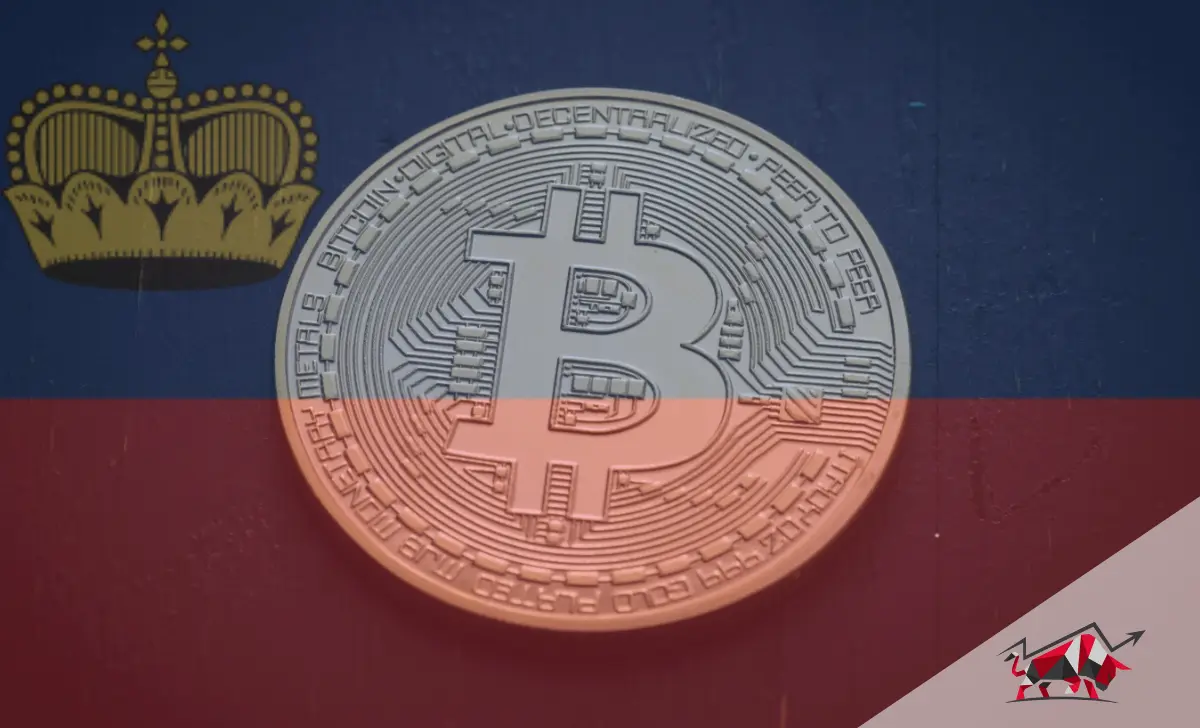Daniel Risch, the Prime Minister of Liechtenstein, stated that the country’s parliament intend to accept bitcoin payments for a variety of government services. He did not, however, say if the nation will accept the principal cryptocurrency as legal cash.
Daniel Risch, Liechtenstein’s Prime Minister and Finance Minister, indicated that the ruling body may enable individuals to pay for government services with bitcoin. Once the payment is validated, the authorities will have the option of exchanging the crypto assets for Swiss francs (the local currency).
It is worth noting that the politician did not specify if Liechtenstein wants to accept Bitcoin as legal cash, like El Salvador and the Central African Republic did in 2021 and 2022, respectively. The county might potentially accept Bitcoin deposits and quickly swap them for Swiss francs, the national currency. The straight conversion into fiat money avoids the currency’s volatility.
Liechtenstein’s western neighbor, Switzerland, and, more especially, the city of Lugano, have also turned their attention to BTC. Domestic authorities have built an infrastructure to make Bitcoin, Tether, and LVGA tokens the region’s official method of settlement.
Liechtenstein Taking Mutiple Steps Twoards Crypto Adoption and Regulations
Despite not being a member of the European Union, Liechtenstein is a member of the European Economic Area, and the EU’s Markets in Crypto-Assets (MiCA) law may apply. This legislative certainty may entice additional crypto enterprises to relocate to the region.
Lichtenstein, like Gibraltar and the Isle of Man, is a small but flourishing cryptocurrency centre in Europe. This is hardly Europe’s first encounter with the Bitcoin business. The Liechtenstein Parliament enacted the Token and Trusted Technology Service Provider Act, often known as the “Blockchain Act.” The Act, which went into effect at the beginning of 2020, established precise rules in the industry, ensuring optimum user safety.
The nation follows a similar course to the nearby Swiss communities of Zug and Lugano, which accept Bitcoin for some taxes and public services, with retailers, including the likes of McDonald’s, also accepting BTC.


